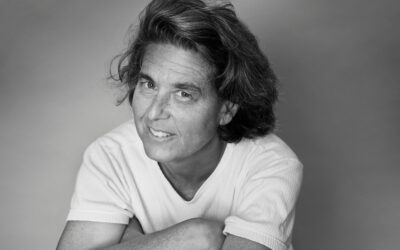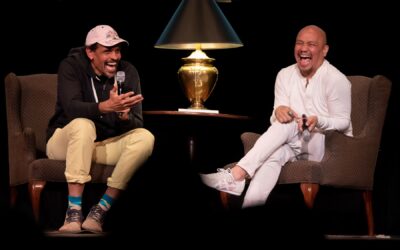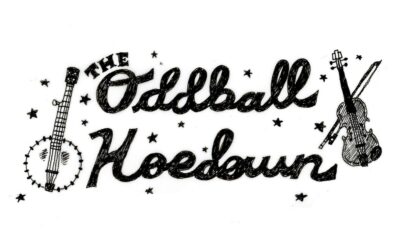A Dream Inherited: “We could be rich.”
Anna, a single woman in her late 20s, filed for a homestead in 1905. In 2013, Erika Bolstad, her great-granddaughter, digs up the past, giving Anna the voice she never had.
All Bolstad knew about Anna was that she settled in the prairies of North Dakota — an untamed woman on untamed land pursuing the American Dream — then disappeared in 1907.
But when a $2,400 check arrived in the mail for Bolstad’s mother from an oil and gas company during the 2009 Bakken oil boom in North Dakota, the Bolstads learned about the subsurface mineral rights to Anna’s old homestead. Three months later, Bolstad’s mother died and the rights became Bolstad’s inheritance.
Compelled by Anna’s mystery and the family mantra “We could be rich,” Bolstad decides to find out what happened to her great-grandmother and how these family rights came to be. Windfall is a memoir about Bolstad’s search for family inheritance alongside the North Dakota Bakken oil boom and the cruel treatment of women and the environment in pursuit of riches.
Welcome to Boomtown
Bolstad is a journalist who spent many years covering climate change and environmental issues for publications like The Washington Post and Scientific American. Part memoir, part travelogue and geological survey, Windfall weaves together personal family history with journalistic reporting on fracking’s negative impact on climate and communities. The chapters in Windfall are marked by the price of oil, keeping the oil boom at the forefront of the reader’s mind. “Chapter 2: Prairie Potholes. August 2013, North Dakota crude: $97.18 per barrel.”
Billions of barrels of oil were being fracked in the Bakken shale formation in North Dakota, leading Bolstad to think, “I was the only person who could write a story that connected this ancestor of mine to modern-day climate change.” Bolstad hopes her employer will approve her to research her family’s connection to the oil boom, but they decline. Determined to uncover Anna’s story, Bolstad takes a vacation and funds her own research. “Unexpected windfalls have a way of showing up,” her mother always said. Could this be hers?
When Bolstad arrives in North Dakota, she uses her press credentials to book a tour at Continental Resources oil and gas production facilities — a behind-the-scenes look at an industry mostly closed off to outsiders. As she drives, Bolstad is shaken by the methane flares that light up the night sky. The crisis written on the horizon. The pumpjacks burning off the natural gas, a visible representation of what is warming our climate.
Throughout Windfall, Bolstad’s journalistic strengths shine in her detailed account of history, geology and the mechanics of fracking.
Legacy and Lost Stories
The facts and figures that seem to move us away from Bolstad’s personal story are in fact inextricably intertwined with it.
As Anna’s story begins to unfold, we learn that shortly after applying for her homestead, she got married. Four months after she gave birth to her son, Anna’s husband had her involuntarily committed to an insane asylum; diagnosis: manic depressive insanity. Today we’d call it postpartum depression.
What does it mean for a woman to lose her grip? A cruel winter turned its brutality on a mother trying to manifest a better life. Anna’s ghost is with the reader, the wind blowing through each chapter. Silenced in her lifetime, with all the stories lost and never passed down.
When Inheritance Comes at a Cost
The American Dream has always been wrapped up in land ownership. Westward expansion. Manifest Destiny. The windswept privilege of opportunity.
At its core, Windfall is a story of disappearance and survival. The interconnected story of mental and climate health. Property and conquest of women and land. Progress brings peril. Wealth is the engine that drives destruction. With the possibility of “We could be rich” comes “We will destroy.”
Bolstad applies the same interrogation to her own circumstances as she does to her environmental reporting. Could Bolstad reconcile accepting the oil money at the expense of the environment? Could she accept the rights to minerals below land that wasn’t hers?
We mine our lineage, like the land, trying to dig up something that will tell us about ourselves. Who are we? Where do we come from? Where does real wealth come from?
The entry point may have been Bolstad’s family history, but the story at large is about all of us. The history of this nation, our relationship to capitalism and climate change. Our own cycles of boom and bust and the stories we might leave for the future to find.



